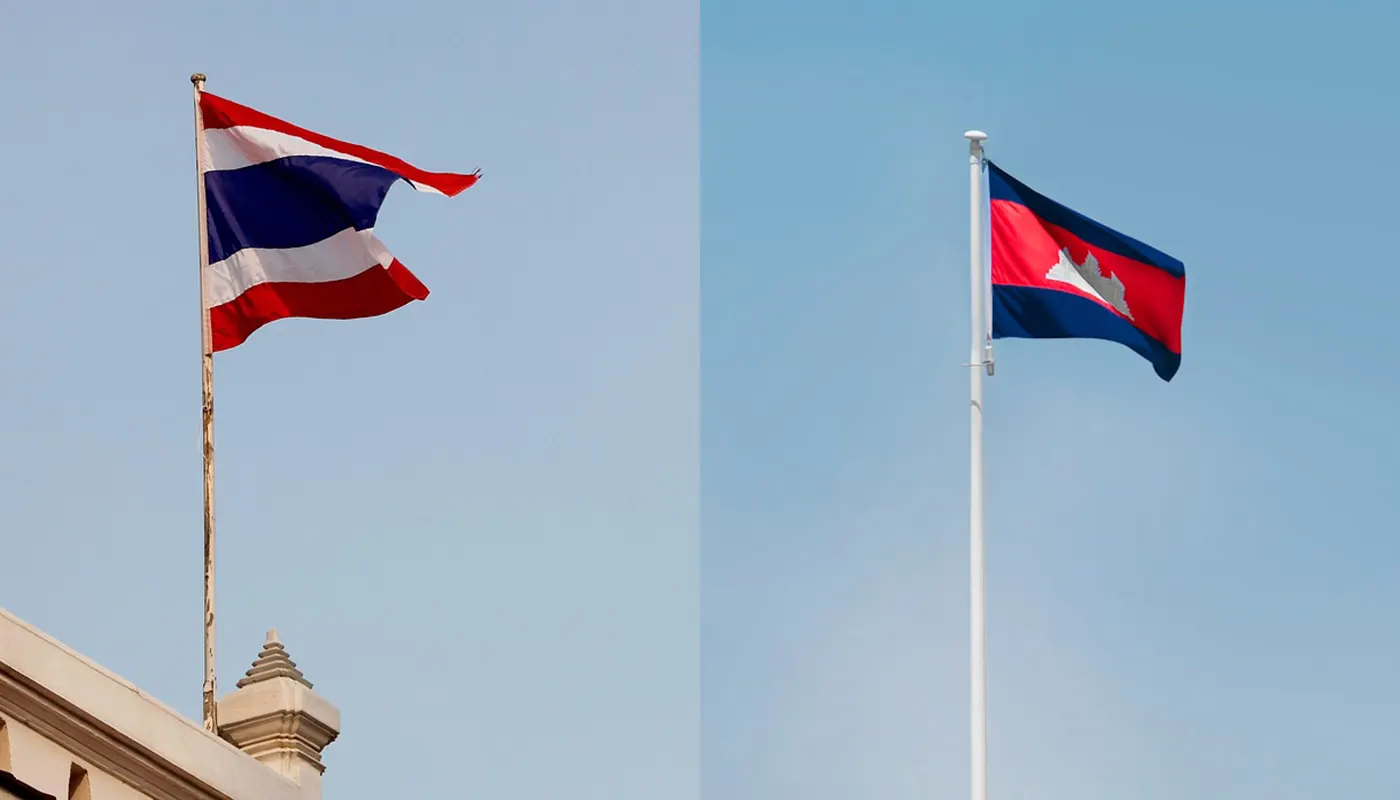KUALA LUMPUR – In a critical diplomatic push, acting Thai Prime Minister Phumtham Wechayachai and Cambodian Prime Minister Hun Manet are convening in Malaysia today for peace talks aimed at ending one of the deadliest border disputes seen in over a decade.
The talks, hosted by Malaysian Prime Minister Anwar Ibrahim—in his capacity as ASEAN chair—come against a backdrop of escalating violence that has claimed more than 30 lives, displaced over 200,000 civilians, and triggered international concern.
Despite a diplomatic appeal from former U.S. President Donald Trump, who reportedly threatened to halt trade agreements with the countries unless fighting ceased, renewed shelling persisted into the weekend.
U.S. Secretary of State Marco Rubio has confirmed that State Department officials are on the ground in Malaysia to support the peace process, underscoring U.S. commitment to de-escalation. Cambodia, aligned with China, has pressed for international mediation, while Thailand initially preferred a bilateral route—highlighting political tension over the mediation format.
Anwar Ibrahim is expected to chair the negotiations after being asked by both governments to mediate, setting the stage for a broader regional intervention. With Cambodia reportedly agreeing to an “immediate and unconditional ceasefire” and Thailand expressing willingness conditioned on reciprocity, the talks aim to establish the groundwork for withdrawal of troops and long-range weapons from disputed sites, including the contested area near the Ta Muen Thom ancient temple.
The crisis erupted following a brief but deadly skirmish on May 28, which claimed a Cambodian soldier’s life and triggered a broader military buildup on both sides. Relations further soured with a leaked diplomatic exchange involving Thai PM Paetongtarn Shinawatra and former Cambodian strongman Hun Sen, which intensified public and political scrutiny in both nations.
As global powers and ASEAN mobilize, today’s high-stakes meeting could determine whether a fragile ceasefire holds and sets a new precedent for resolving long-standing regional tensions.





